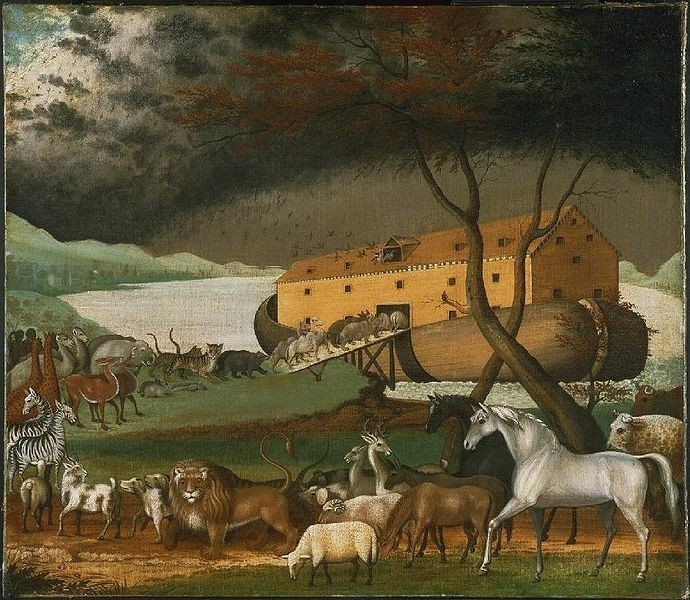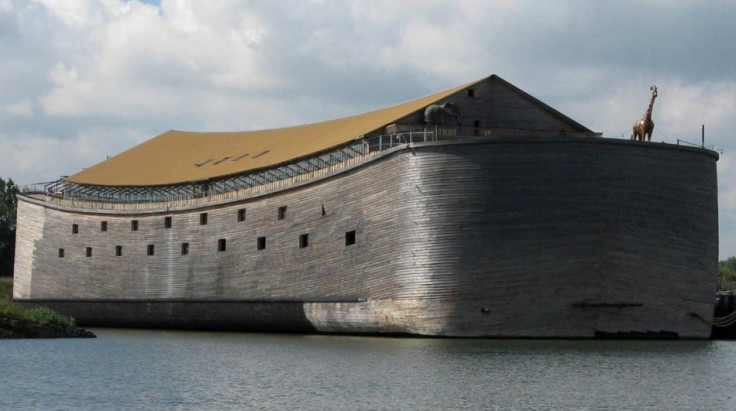Noah's Ark 'Was a Massive Double-Decker Coracle'

New evidence suggests that Noah's Ark was round, made from reeds and the length of six double-decker buses.
For years, archaeologists have scoured the world for factual evidence for the Bible story of Noah's flood, but due to scant documentation, many believe the fable to be an Old Testament myth.
Now, however, a new book claims that Noah's Ark was a round coracle and looked very different from its traditional image.
In The Ark Before: Decoding the Story of the Flood by Irving Finkel, there are claims that the vessel had two decks with cabins for the animals.
British Museum expert Dr Irving Finkel reveals how decoding the symbols on a 4,000-year-old piece of clay enabled a new interpretation of the Noah's Ark myth.
The evidence comes from a 4,700-year-old tablet of clay covered in cuneiform writing, which contains "detailed instruction manual for building an ark," says Finkel, an assistant keeper of the ancient Mesopotamian script, languages and cultures department at the British Museum.
Finkel, an expert in deciphering ancient cuneiform script, discovered the text contained instructions for building a round coracle 65 metres in diameter, with walls six metres high. It was apparently made from ropes and rushes waterproofed with bitumen, and the animals were loaded "two by two", according to the Sunday Times.
The tablet was originally found in the Middle East by Leonard Simmons, who served in the RAF from 1945-48. However, the ancient artefact wasn't subject to any research until Simmons's son Douglas took it to the British Museum in 2008.
A Channel 4 documentary will record the plans to reconstruct the circular ark.

The story of Noah's ark is told in three major world religions: Christianity, Judaism and Islam. According to the book of Genesis, God flooded the world as punishment for its corruption and told Noah to build an ark and fill it with a male and female of every breed of animal.
Once the flood receded, the ark came to rest on a mountain. Many people believe it was Mount Ararat, the region's highest point.
In 2010, a group of Chinese and Turkish evangelical explorers from Noah's Ark Ministries International believe a relic uncovered 12,000ft up Mount Ararat in eastern Turkey is the biblical vessel.
However, Professor Martin Biddle, emeritus professor of Medieval Archaeology at Oxford University, told the Daily Express: "There's no evidence whatsoever that the story is more than a myth and certainly there's no evidence that anything of that kind exists in Turkey."
© Copyright IBTimes 2025. All rights reserved.























